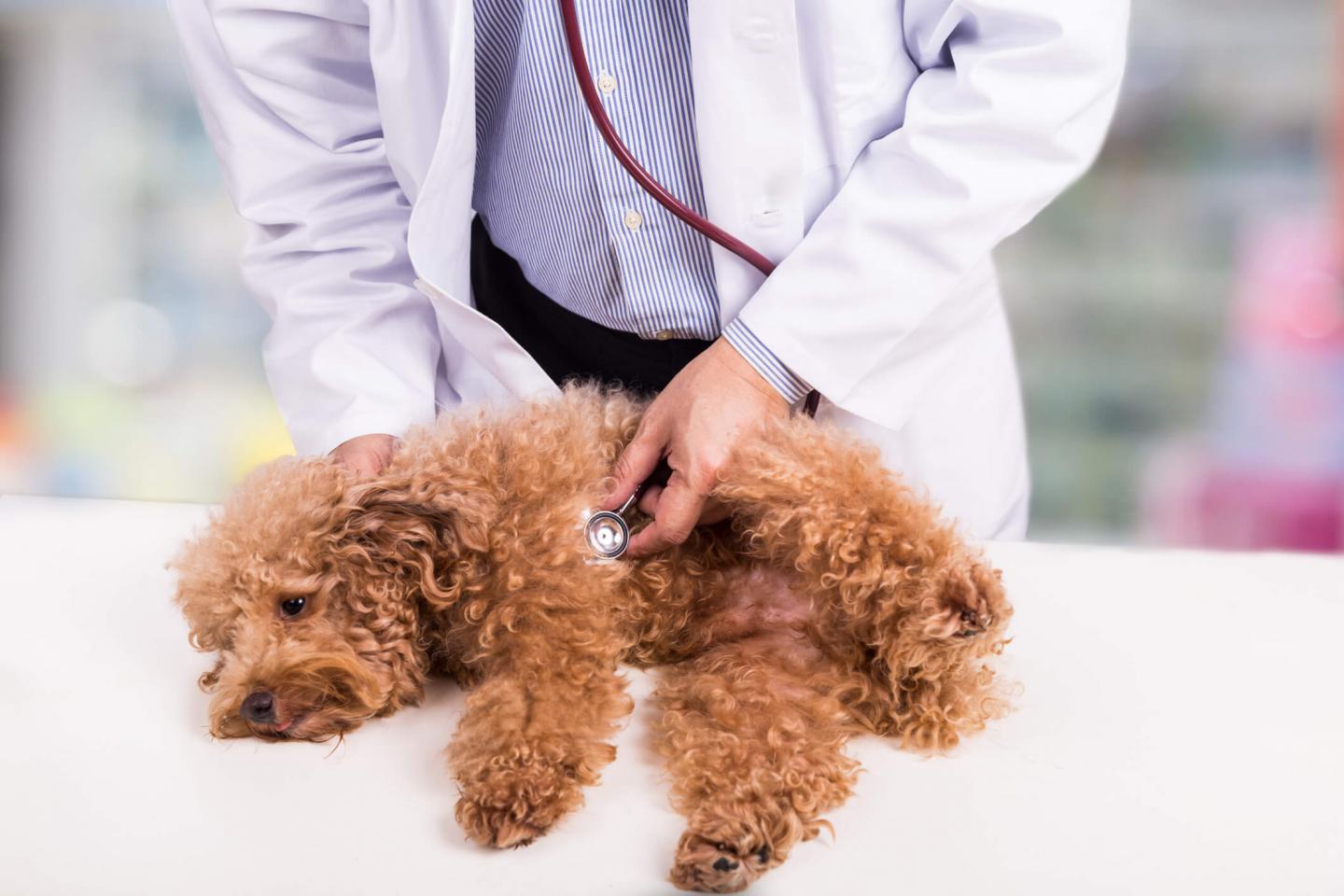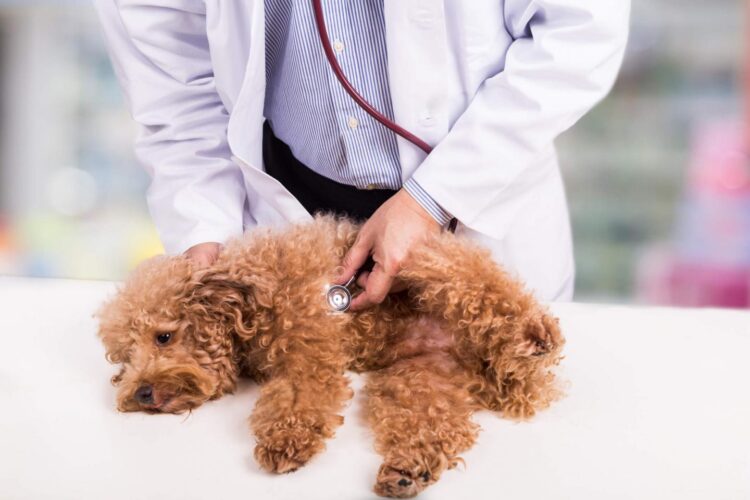
Credit: Lancaster University
An outbreak of vomiting among dogs has been traced back to a type of animal coronavirus by researchers.
Vets across the country began reporting cases of acute onset prolific vomiting in 2019/20.
The Small Animal Veterinary Surveillance Network (SAVSNet) at the University of Liverpool asked vets for help in collecting data, with 1,258 case questionnaires from vets and owners plus 95 clinical samples from 71 animals.
Based on this data, a team from the universities of Liverpool, Lancaster, Manchester and Bristol identified the outbreak as most likely to be a variant of canine enteric coronavirus (CeCoV).
Canine coronavirus only affects dogs and is not the same as Sars Cov2 which causes Covid in humans. Researchers found no evidence of any similar illness in people.
The work is published in Emerging Infectious Diseases.
The team are working on a project funded by the Dogs Trust called SAVSNet-Agile which aims to develop a national surveillance system for canine health.
Dr Barry Rowlingson from Lancaster University said: “We’ve developed complex statistical models to look for disease outbreaks. Being able to rapidly detect increased incidence, without triggering a false alarm from a natural random variation, is the key problem here. Early detection is crucial to early treatment and enhanced monitoring.
“The SAVSNet Agile project aims to feed information back to local veterinary practices so they can be alert to any new outbreaks.”
Vets began to suspect an infectious cause because vomiting was more frequent than is typical for canine gastroenteritis.
SAVSNet researchers found a specific and significant increase in the number of dogs recorded as exhibiting gastroenteric signs between late December 2019 and March 2020.
As well as reusing health records, SAVSNet also collected questionnaire data from vets and owners caring for affected animals, as well as healthy controls. This showed male dogs were more at risk than females.
Charlotte Appleton, SAVSNet Agile PhD Student, said: “Obtaining such important results at an early stage of my PhD is a wonderful achievement and will hopefully provide a pathway of higher visibility into the health of domestic animals.”
###
Media Contact
Gillian whitworth
[email protected]
Related Journal Article
http://dx.





